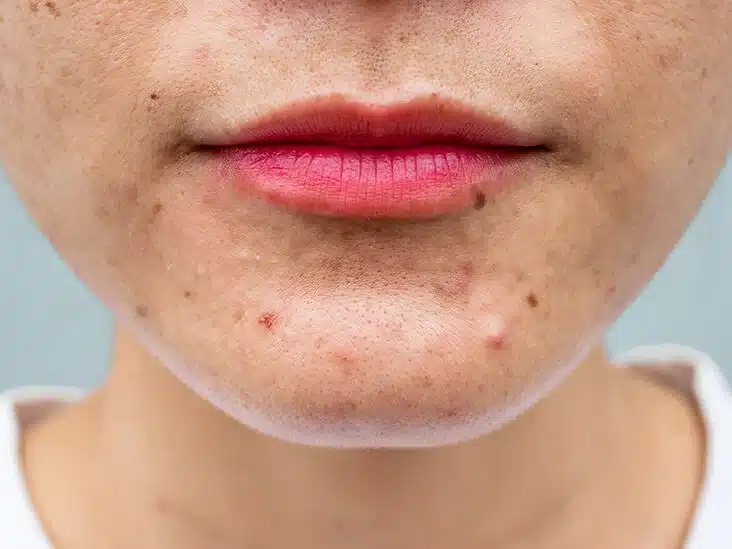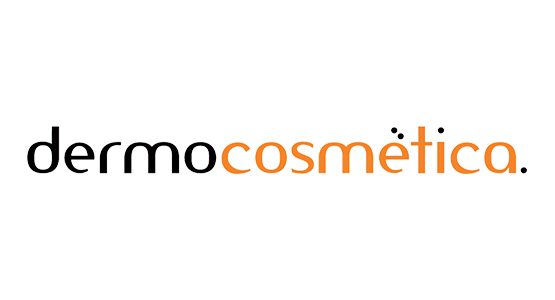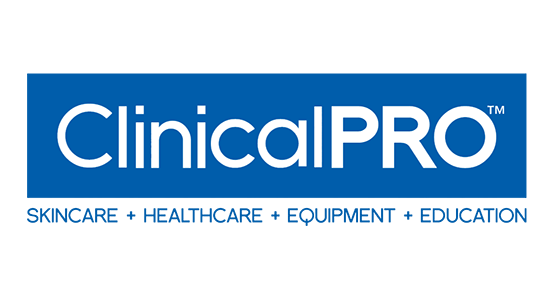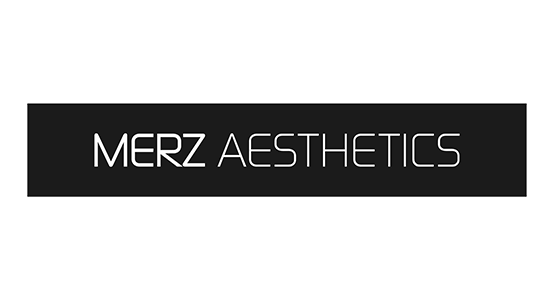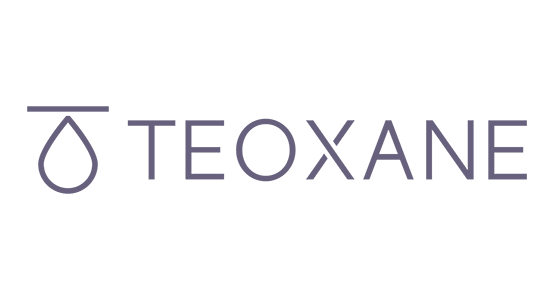Topical retinoids are a first-line treatment for acne
Acne is an inflammatory disease of the pilosebaceous unit of the skin that primarily involves the face and trunk and affects approximately 9% of the population worldwide (approximately 85% of individuals aged 12-24 years, and approximately 50% of patients aged 20-29 years).
Acne can cause permanent physical scarring, negatively affect quality of life and self-image, and has been associated with increased rates of anxiety, depression, and suicidal ideation.
Clinical features of acne
Acne vulgaris is a polymorphic disease often characterised by simultaneous occurrence of comedones, papules, pustules, nodules and pseudocysts.
Lesions develop from the sebaceous glands associated with hair follicles on the face, chest and upper back.
Conclusions
Topical retinoids are safe and efficacious for the treatment of acne.
They should be used in combination with benzoyl peroxide to optimize results in patients.
The differences in efficacy of topical retinoids appears minor; therefore, the type of topical retinoid is not as important as choosing a particular strength of topical retinoid and combining it with an antimicrobial agent.
Adapalene has a superior tolerability profile amongst topical retinoids.
Sometimes, your acne needs a little extra help to go away with a medication if at-home skin care treatments don’t work. While it may be tempting, try not to pick at your acne or pop pimples to prevent scarring. Remember that acne is temporary and will go away with the right treatment designed for your skin.
Book a consultation at Hamilton Skin Clinic.

